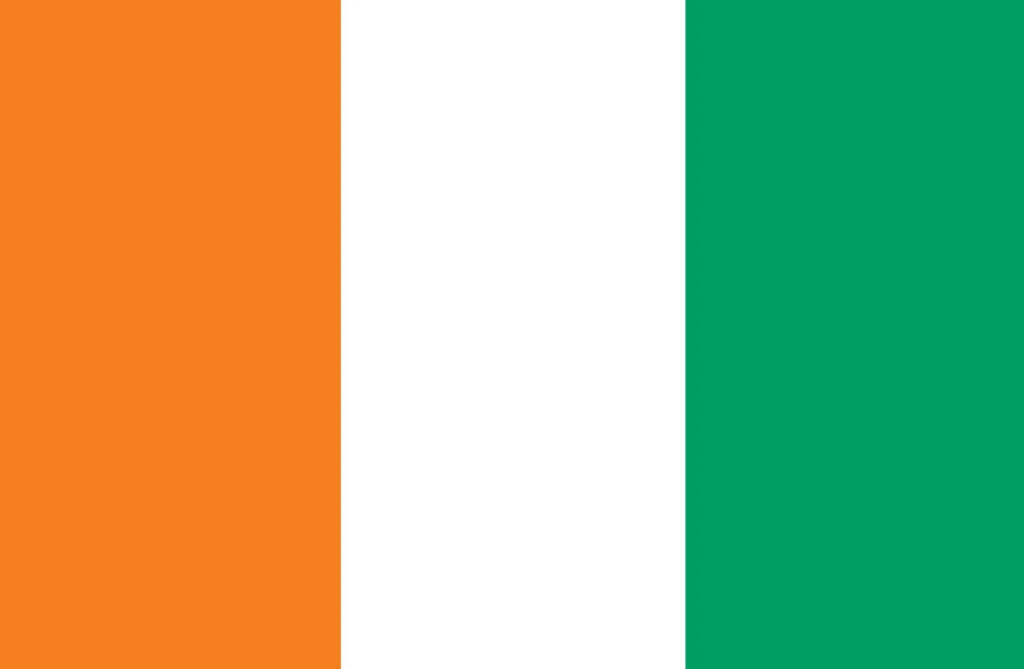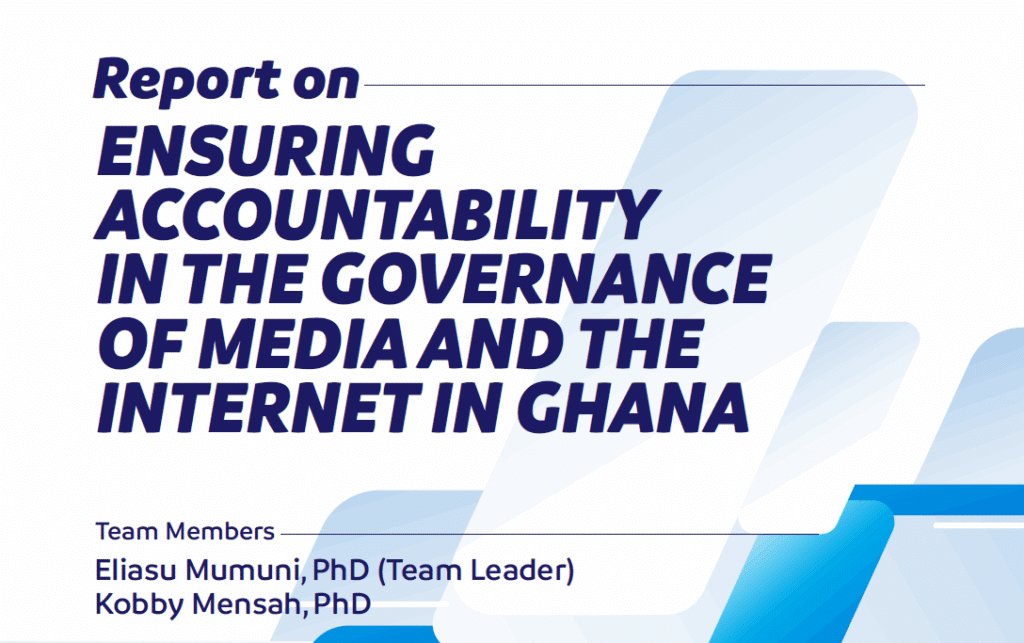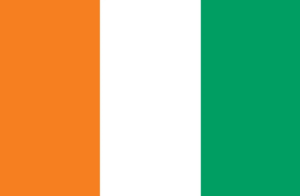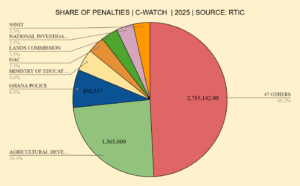The National Democratic Congress (NDC) released a Youth Manifesto with the main one coming in a few days. Yesterday, Sunday, the New Patriotic Party (NPP) released its 2024 Manifesto. From these manifestos, if elected, our political parties promise to do a lot for the people of Ghana.
That, in and of itself, is good. Given the social, economic, and governance challenges faced over the last seven years, those who are presenting themselves to be elected must demonstrate to voters how they plan to address all our pinch points.
However, in this election, it is critical to demand– a) how much will all these promises cost; and b) how will it be paid for?
I reckon that the history of political party manifestos in Ghana does not come with answers to these questions, important as they are. However, it is time for voters to start making these demands especially because of our fiscal realities. Keep in mind that, in the last two administrations (NDC and NPP), the country resorted to the International Monetary Fund (IMF) for a “bailout” to deal with major fiscal challenges in 2015 and 2022.
Ghana’s Fiscal Reality
The 2024 National Budget presented to parliament provides an indicative picture of government finances for Fiscal Years 2025, 2026, and 2027. This analysis and calculations are based on information contained in Appendix 3A: Summary of Central Government Operations.
For the next three fiscal years, Ghana’s budget will be in a budget– a) FY 2025 (-59,421,652,339); b) FY 2026 (-65,467,543,545); and c) FY 2027 (-50,704,953,137). Note that between FY 2025 and 2026, the deficit increases (+10%) before declining substantially in FY 2027 (-23%). Even then, the national budget, as things stand now, will remain in a deficit.
Tax revenue as a percentage of domestic revenue, is not expected to change – 83% (FY 2025); 84% (FY 2026) and 84% (FY 2027). In addition, domestic revenue as a percentage of total revenue (99%) is not expected to change either. This means the revenue burden to finance government still falls heavily on domestic sources.
Government expenditure is expected to grow by twenty-one percent (21%) between FY 2025 and FY 2027. Granted, revenue is expected to grow over the same period– a) total revenue (+31%); b) tax revenue (+32%); and domestic revenue (+31%). In comparison, revenue is expected to outgrow expenditure but keep in mind two things – a) the budget is still expected to remain in deficit; and b) promises of various tax cuts will mean loss of government revenue unless there is offsetting.
Given the projected deficits, governments face the traditional choices normally used to deal with budget financing gaps – a) borrowing; and b) deficit financing (support from the Central Bank). Governments are currently not able to exercise any of these two options because a) Ghana is locked out of the capital markets; and b) there is commitment to abide by the zero Central Bank financing of the budget deficit rule.
All governments engage in two kinds of spending – a) mandatory spending which are the things they must do; and b) discretionary spending which are things they choose to do. If you look at the budget picture, mandatory spending (compensation of employees and interest payments on our debt) will account for a significant portion of how domestic revenue raised will be spent – a) 67% (FY 2025); b) 63% (FY 2026); and c) 55% (FY2027).
This means that if government has GH₵10 it is obligated to spend GH₵6, leaving it with only GH₵4 to do all the things it chooses to because they are crucial to our socio-economic development.
The last fiscal reality is our projected debt to gross domestic product (GDP) ratio. As per the International Monetary Fund’s World Economic Outlook, Ghana’s gross debt to GDP ratio is estimated as follows – a) 90% (2025); b) 92% (2026); and c) 93% (2027).
This is our fiscal reality. Now, this reality can change based on a multitude of factors such as a) robust economic growth; b) improvement in domestic revenue mobilization; c) dealing with revenue leakages; d) addressing wasteful government spending; etc.
The Big Question(s)
Our political parties cannot ignore this fiscal reality and are obligated to provide voters with answers to these two questions – a) how much will all these promises cost; and b) how will it be paid for? It is not enough anymore, important as it may be, to make promises to the Ghanaian voter in the face of another election or impose cost recovery measures post-delivery of promises.
If the political parties are not willing to answer these questions, voters must constantly demand them. The media must constantly demand them when candidates or their spokespersons appear on shows or grant interviews.
As the adage goes “there is no such thing as a free lunch.”
 Prof. John Osae-Kwapong is a Democracy and Development (D&D) Fellow at the Ghana Center for Democratic Development (CDD-Ghana) and the Project Director at The Democracy Project.
Prof. John Osae-Kwapong is a Democracy and Development (D&D) Fellow at the Ghana Center for Democratic Development (CDD-Ghana) and the Project Director at The Democracy Project.
















